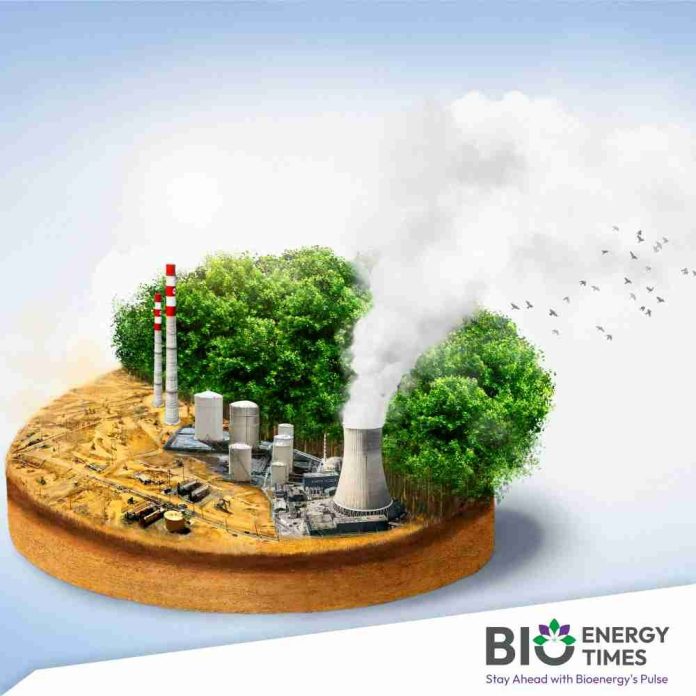The United Arab Emirates continues to reinforce its position as a global leader in environmental sustainability, driven by a broad spectrum of impactful initiatives that underline its enduring commitment to environmental protection and the promotion of sustainable development.
As the world observes Earth Day on April 22 with renewed urgency for climate action, the UAE’s wide-ranging policies and projects — spanning renewable energy, recycling, sustainable water desalination, afforestation, and clean transport — reflect the spirit of the day and set a clear path toward a more sustainable future.
At the heart of the UAE’s green transformation are its large-scale renewable energy ventures, especially in solar power. Masdar, a key player in the national clean energy landscape, has led the development of several pioneering projects, including Shams — the region’s first concentrated solar power facility.
Dubai’s Mohammed bin Rashid Al Maktoum Solar Park, developed by the Dubai Electricity and Water Authority (DEWA), stands as the world’s largest single-site solar park under the Independent Power Producer (IPP) model. By the end of last year, DEWA reported that clean energy accounted for 17.8% of its total installed generation capacity.
Alongside solar initiatives, the Emirates Nuclear Energy Corporation (ENEC) has reached major milestones over the past decade, further establishing the UAE’s leadership in the global shift to clean energy and its commitment to achieving net-zero emissions by 2050.
The country has also made significant progress in recycling and waste management. Through forward-thinking approaches such as electronic waste recycling and the UAE Circular Economy Policy 2021–2031, it has built a strong framework for responsible resource use and sustainable growth.
Municipalities throughout the Emirates are playing an integral role in these efforts, implementing initiatives such as smart bottle collection systems and community recycling centers. In Dubai, the Waste Management Centre is central to the emirate’s efforts to cut landfill use and convert waste into clean energy.
Environmental management company Bee’ah is another key contributor, driving progress in landfill diversion and advancing the circular economy by helping organizations meet their sustainability goals.
On the financial front, the UAE has emerged as a regional leader in green financing, ranking first in the Middle East and second globally for outstanding sustainability sukuk.
In marine conservation, the UAE is making waves with large-scale projects like “Dubai Reef,” which is poised to become the world’s biggest marine reef development.
In the transport sector, the country continues to make strides in sustainable mobility, expanding clean public transport options and promoting electric vehicle usage. In 2024 alone, Dubai recorded 747 million public transport users, with the metro accounting for 37% of the total.
Ahmed Baghoum, CEO of Masdar City, emphasized that Earth Day underscores the UAE’s commitment to environmental progress, driven by innovation and collaboration. He pointed to strong public-private partnerships as key to addressing global environmental issues, highlighting initiatives such as the smart and autonomous vehicle cluster and the Food and Water Security Innovation Cluster.
Saif Humaid Al Falasi, CEO of ENOC Group, echoed these sentiments, saying, “Inspired by the UAE’s unwavering dedication to sustainability and its bold 2050 climate neutrality target, we believe conserving energy is crucial to protecting our planet and ensuring a sustainable future.”
He reiterated ENOC’s commitment to energy awareness and its active role in supporting the UAE’s transition to a low-carbon economy and a healthier environment for future generations.
For detailed information and further insights, please refer to BioEnergyTimes.com, which provides the latest news about the Biomass Industry















